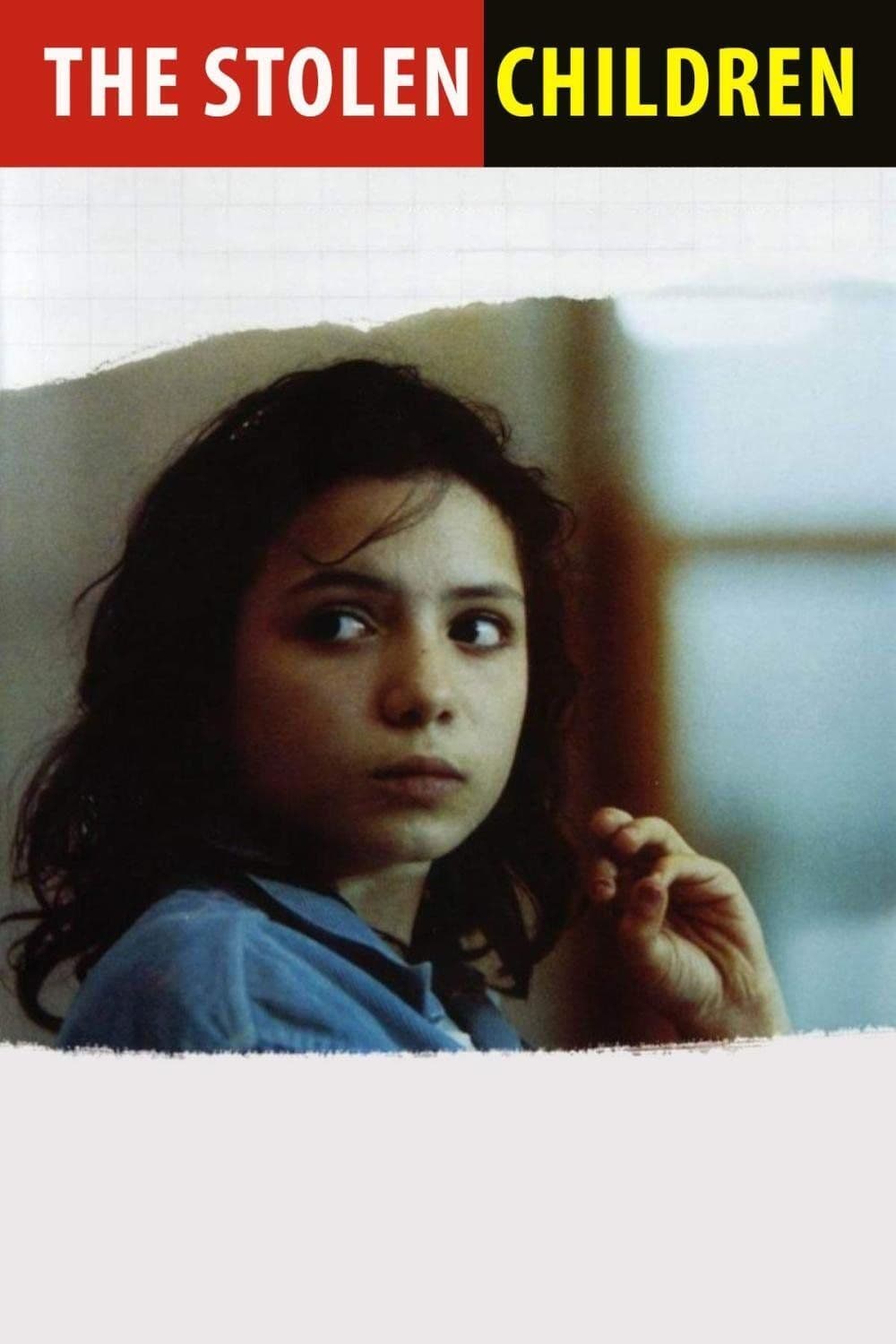
The Stolen Children
1992
Rate this movie
Average: 0.00 / 5
(0 votes)
Director
A film that moves with the simple language of everyday life, with a code woven from small gestures. Gianni Amelio, with an almost palpable grace and sensitivity, immerses us in a universe of minimal details, stolen glances, and eloquent silences, capable of revealing psychological depths and stirrings of the soul far beyond the scope of didactic dialogues. This is the stylistic hallmark of an author who, far from any melodramatic emphasis, knows how to investigate the most recondite folds of the human spirit through subtraction and modest observation.
A poignant fresco of a friendship between a man and two children, but also a road movie through the contradictions of an Italy that is at times a playful companion, at times a hostile backdrop for the journey. The peninsula, in this pilgrimage from south to north, reveals itself as a vibrant palimpsest of humanity, an open-air theatre where the poignant beauty of Calabrian landscapes and the chaotic vitality of cities merge with indifference and latent brutality. It is not a mere backdrop, but a character in its own right, a pulsating organism that reflects and amplifies the anxieties and hopes of the protagonists. The Italy of the 1990s, that of post-economic boom disillusionment and the first signs of social disintegration, emerges with its rawness and its lyricism, a country divided between archaic legacies and modernizing impulses, between generous hospitality and ruthless marginalization.
A carabiniere takes two children into custody to accompany them from Calabria to Civitavecchia. The two come from a shattered family situation where the mother forced the eleven-year-old girl into prostitution. The rawness of this premise, so close to neorealism in its unvarnished social denunciation, contrasts with the delicacy with which Amelio handles pain and violated innocence. His gaze is never voyeuristic, but empathetic and respectful, focusing on the silent reactions and the fragilities of these small human beings.
While on their journey, a solid bond of friendship slowly forms between the man and the two children, built on delicate attentions and mutual understanding. Enrico Lo Verso, in the role of carabiniere Antonio, delivers a performance of rare intensity and restraint, embodying a character who is indeed a man of law, but above all an improvised paternal figure, a guardian of a humanity that bureaucracy seems to want to stifle. His is a journey of personal catharsis, a journey no less transformative than the physical one, in which his initial disillusionment gives way to growing empathy, to a sense of responsibility that transcends mere duty. The relationship that develops between him, the resilient Rosetta, and the taciturn Luciano is a monument to the human capacity to find connection and salvation even in the most adverse circumstances. It is a dance of glances, of hands brushing, of unspoken but perceived words, a testament to how affection can blossom even on the arid ground of trauma. In this sense, the film aligns with that tradition of Italian cinema which, from De Sica to Olmi, has been able to explore the dynamics of "families" born of necessity, often on the margins of society.
In the background is the portrait of a nation teeming with people, of enchanting places, of indifference and hostility. Amelio neither idealizes nor condemns. His is a lucid examination of social contradictions, a choral fresco that includes the dignity of small rural communities, the brazenness of street life, and the inevitable harshness of institutions. Every encounter is a piece that forms the mosaic of a complex Italy, where poverty and abjection coexist with gestures of unexpected kindness. The film does not shy away from showing the fragility of a system that sometimes fails to protect the weakest, but at the same time celebrates the tenacity and survival capacity of individuals.
A careful psychological investigation into the profiles of the three protagonists, combined with a grammar of emotions, makes this work a sophisticated drama hidden behind a linear narrative. Amelio is a master at suggesting rather than showing, at evoking rather than explaining. His direction is clean, essential, almost ascetic, yet capable of penetrating deeply into the characters' souls, revealing their hidden wounds and secret hopes. The linearity of the plot is an artifice that conceals layers of meaning and emotional complexity, making each scene a small microcosm of sensations. The film, awarded the Grand Prix Special du Jury at the 1992 Cannes Film Festival, gained international attention as a work of rare power and finesse, capable of transcending its specific Italian setting to touch universal chords on the human condition, denied childhood, and the possibility of redemption.
A work that moves, that stirs indignation, that does not leave us indifferent. Amelio places us before a mirror, forcing us to reflect on our own capacity for compassion, on the fragility of innocence, and on collective responsibility towards those most vulnerable. And this is precisely what we want from a film: that it questions us, shakes us, leaves an indelible mark, and "Il Ladro di Bambini" does so with a mastery that elevates it to a contemporary classic, a beacon in the fog of indifference.
Genres
Countries
Gallery
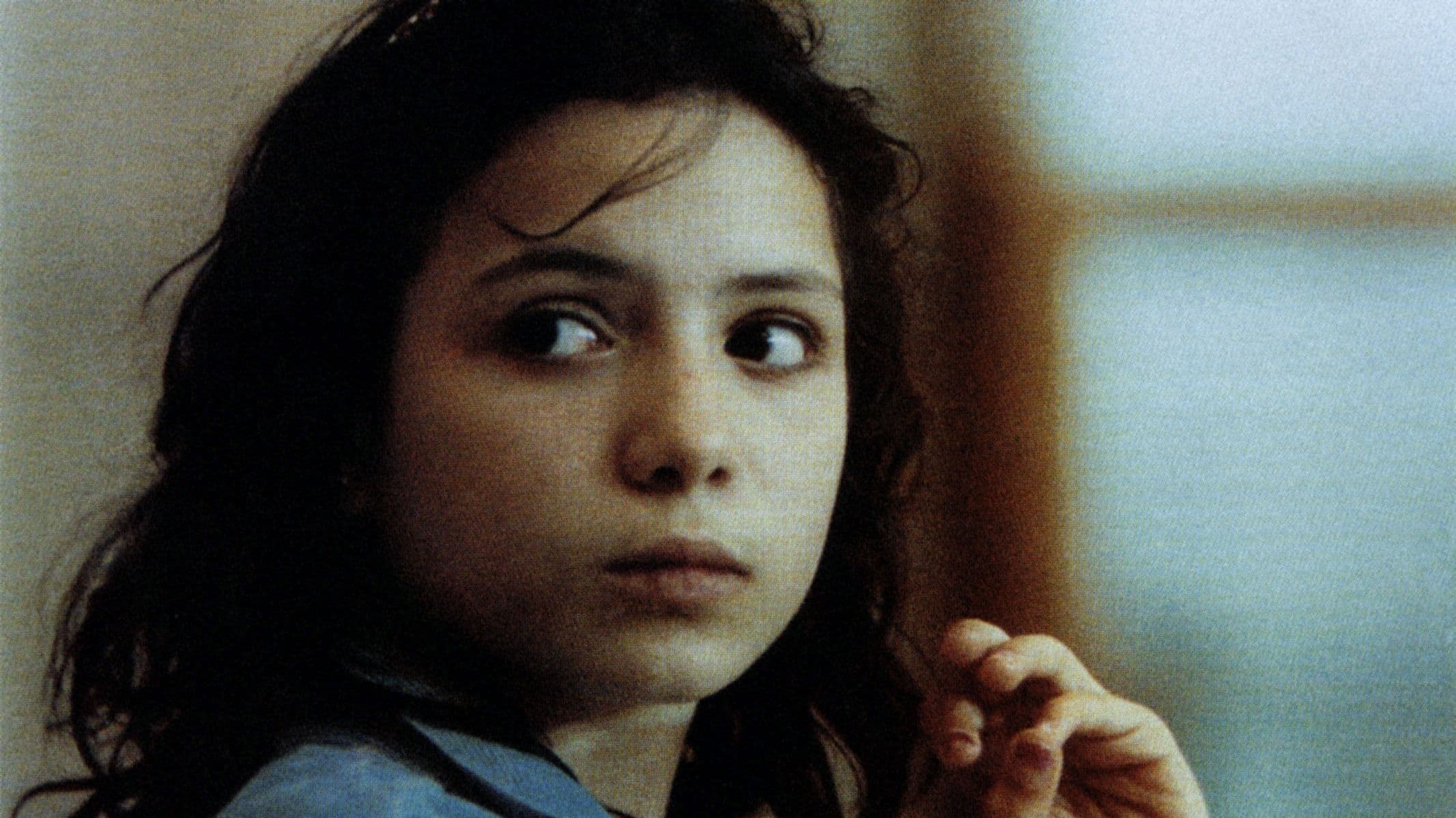
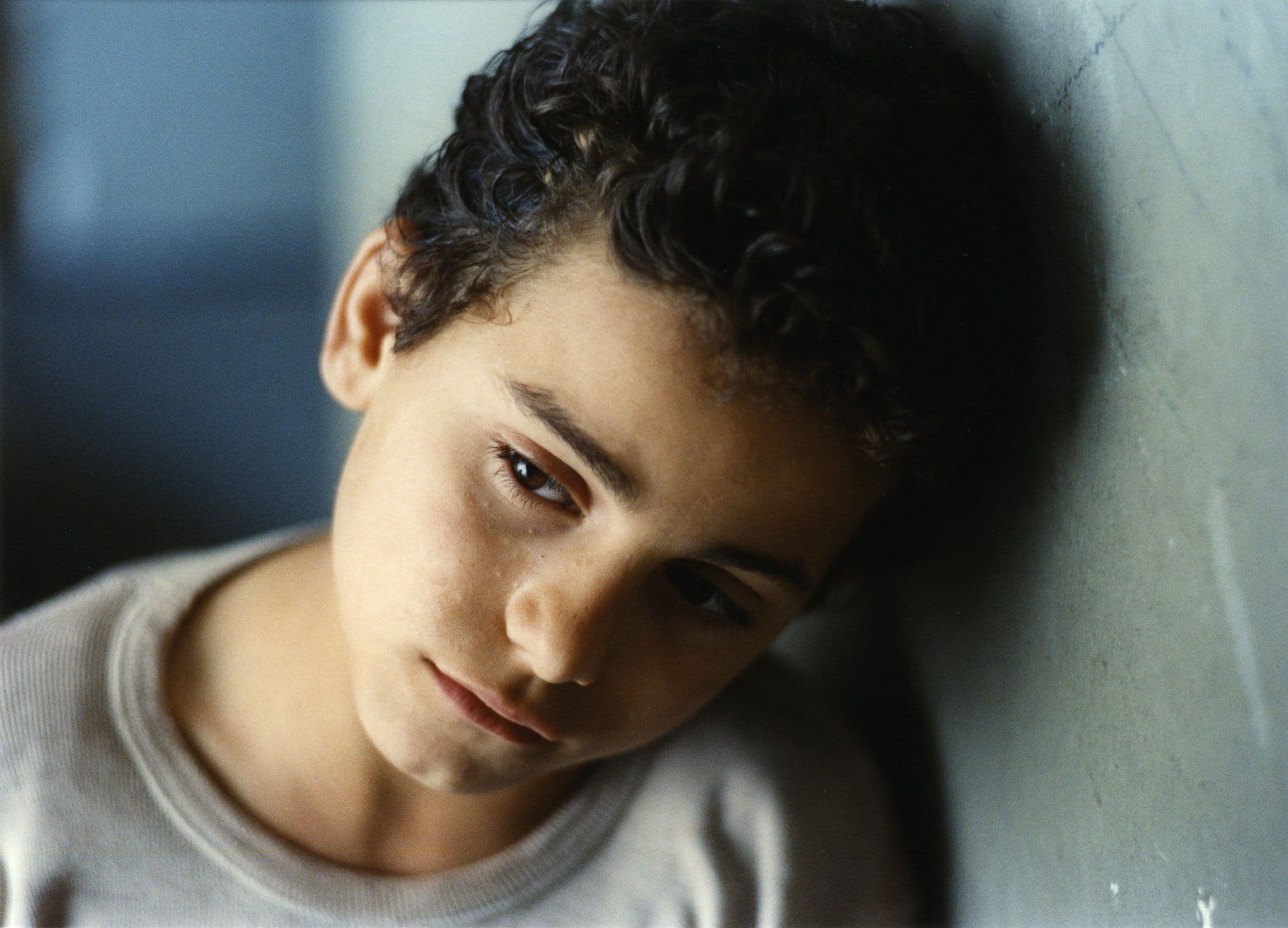

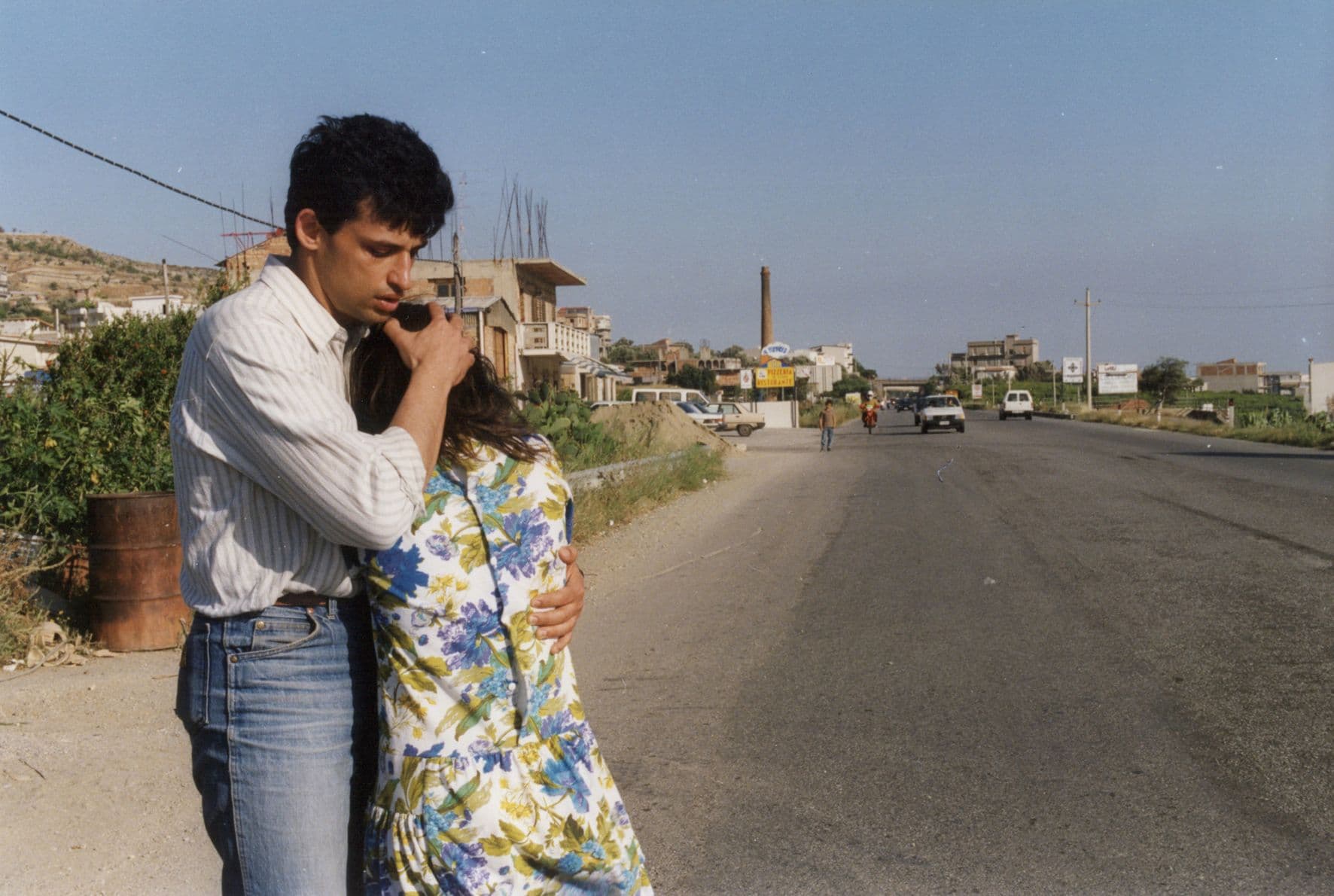
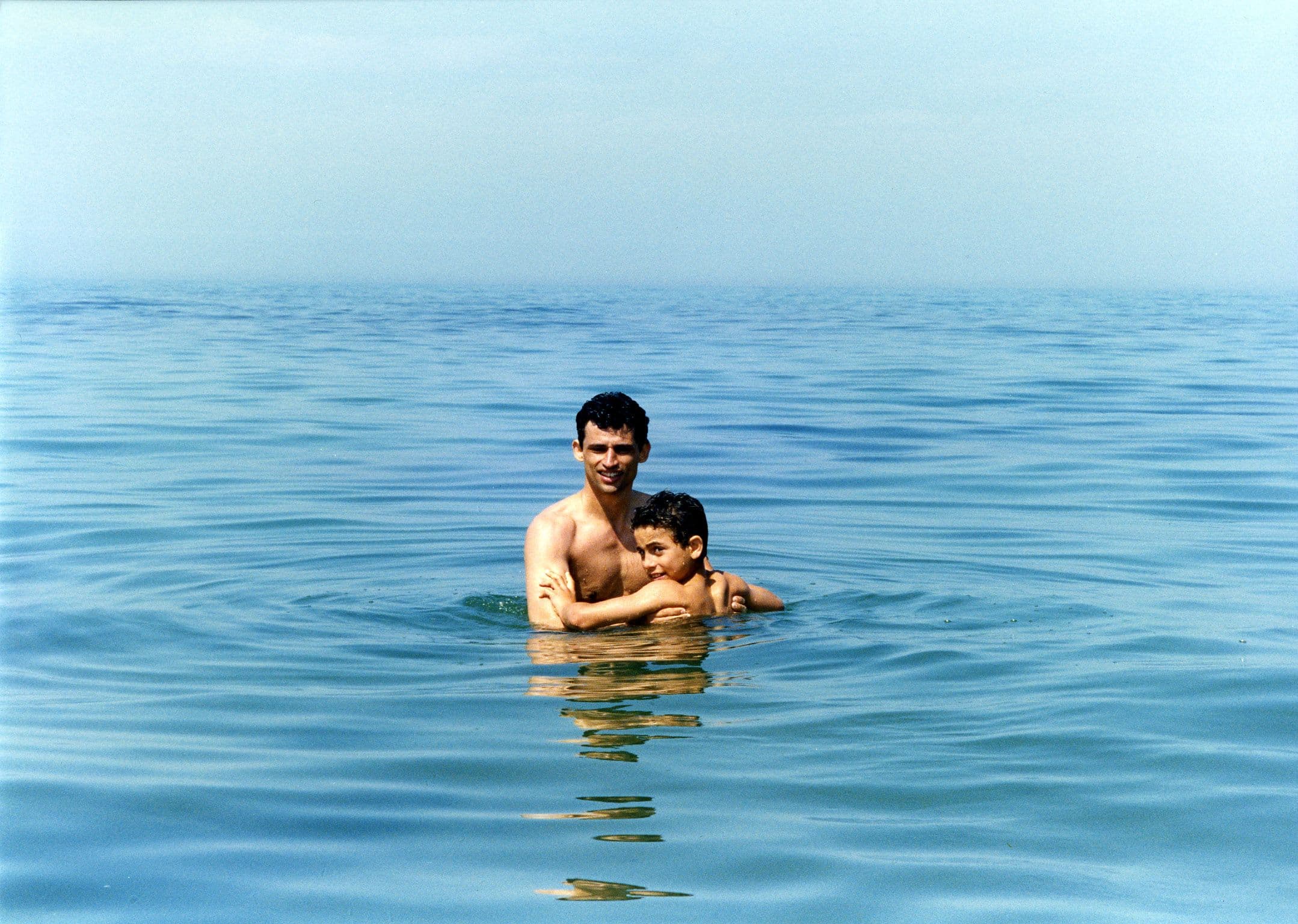
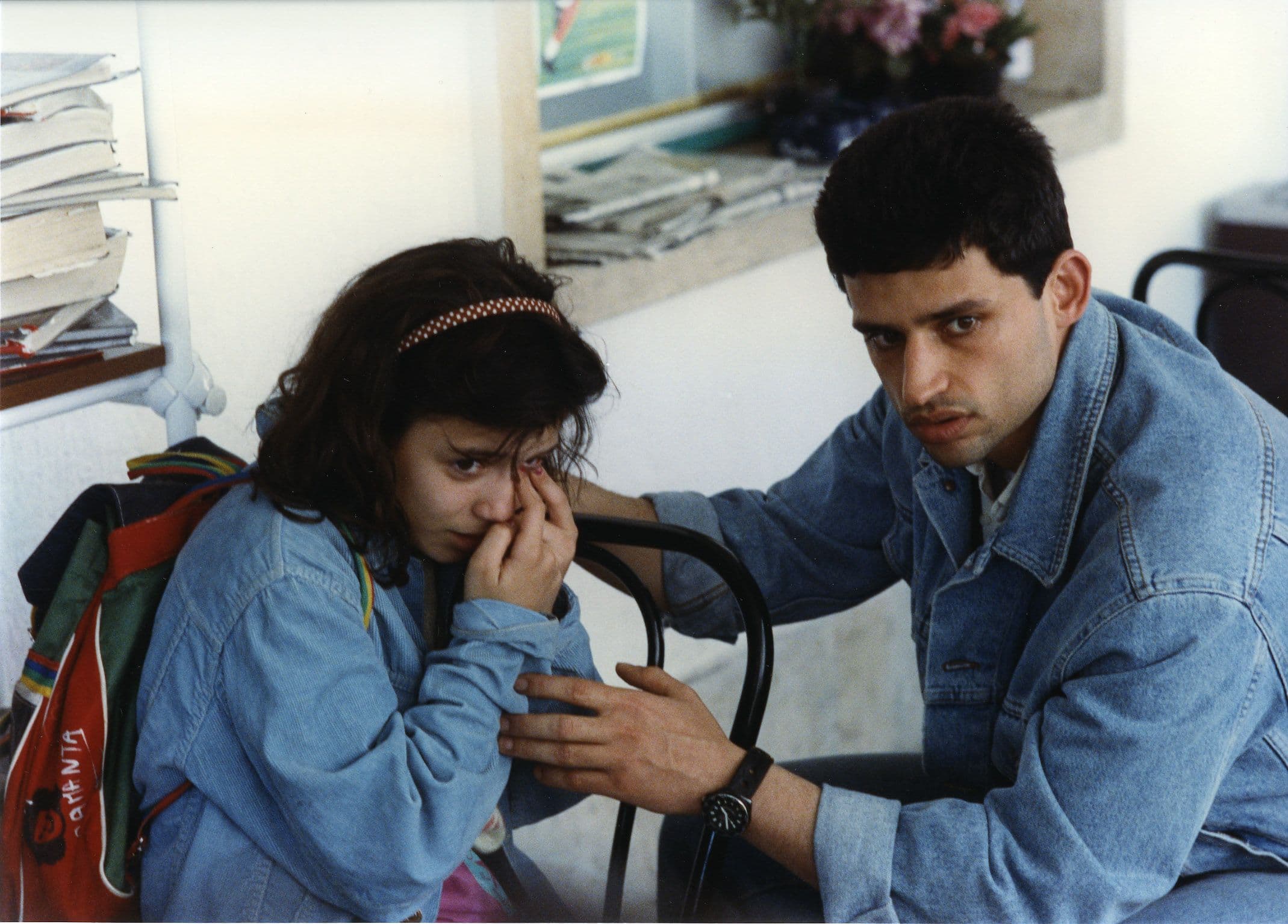
Featured Videos
Official Trailer
Comments
Loading comments...